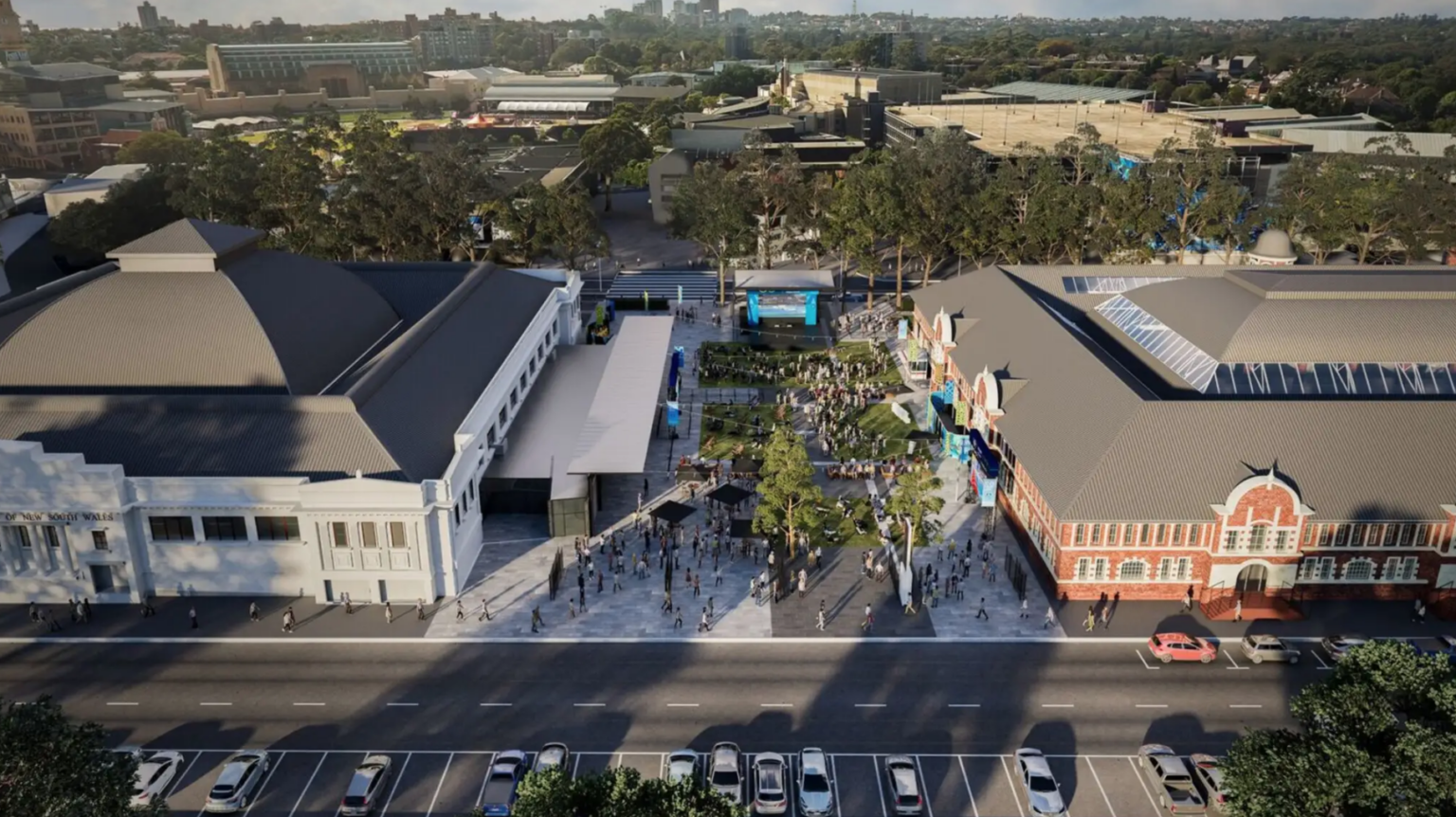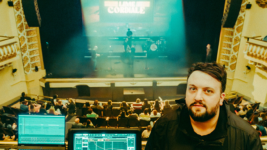News
21 Feb 2019
Sydney’s event spaces shrink again

Subscribe to CX E-News
By Julius Grafton.
Since the current NSW state government took power almost eight years ago Sydney’s venue stock has shrunk considerably, despite the addition of the new International Convention Centre. Now charity Ozharvest face losing their main fundraiser, the CEO Cookoff, a gourmet dinner for more than 1,400 vulnerable Australians that will raise $3 million in March.
The 5,000 square metre venue that Ozharvest use is the Royal Hall of Industries at Moore Park, next to the Hordern Pavilion. The NSW government have assigned this historic events hall to the Sydney Swans AFL team for use as offices – further reducing event space for the city, and dislocating scores of events. (Swans say some event space will remain. See footnote).
NSW’s Liberal and National Party government moved fast on an agenda to build infrastructure after the previous Labour Government moved slowly to build much at all after the 2000 Olympics. One of the first moves for the new government was to replace the Sydney Entertainment Centre (12,000 seats) and the Sydney Convention and Exhibition Centre with one complex, the new International Convention Centre.
In doing so, Sydney gained more convention space and slightly more exhibition space but in a compromised two level design that features unpopular pillars on the lower level. Large exhibition organisers favour continuous level open plan designs, like the previous centre. The Entertainment Centre, used for sport and entertainment, became the ICC Theatre, a 9,000 seat venue that again is compromised and cannot be used for many events previously run at the demolished venue.
During the three years it took to build, Sydney missed many events. The decision to shut, demolish, and rebuild was centred on the payoff, which are many apartment buildings built on the site of the former Entertainment Centre.
While this was going on, several ‘one strike’ assaults led to the deaths of several young people around Kings Cross, historically the nightlife hub of Sydney. In what could be characterised as a ‘knee-jerk’ reaction the state government introduced contentious ‘lockout laws’ that deeply restrict trading hours and entry rules for venues around Kings Cross and the central Sydney business area. This had rapid impact on venue viability leading to scores of bars and clubs closing down.
Across town, the new Barangaroo headlands was built where a huge wharf had stood, and under the parklands an enormous cavern was created called ‘Barangaroo Cut’. Various events and performing arts professionals called on the space to become useful for either events or used as a new lyric theatre (Sydney has just two), but now we have a space with an open roof at one side ‘to show off the rock face’, and almost no events power.
Meanwhile the owners of the MLC Centre quietly closed the Theatre Royal, a 1,100 seat theatre built in the basement as part of a deal to allow a greater retail area in the original plans. The net effect of adding the theatre was a gain of many millions of dollars in retail tenancies every year. The deal was not followed up with any caveat on title, so the more recent owners of MLC took the cautious step of closing the theatre to attempt to redevelop it. So far the NSW Government has been fairly quiet on the potential loss of the theatre.
Sydney now has less events space than Perth, Brisbane, or Melbourne and about one half of the theatre space of Melbourne. Live music venues in Sydney are scarce and despite Sydney City Council becoming more vocal on the needs of live performance, insane regulations, red tape, and hurdles make any investment in venues highly risky.
Planning laws (the province of the State Government) have recently seen rooftop bars threatened with closure when new apartment blocks are built and new owners complain of the noise of people enjoying themselves. Long established venues are having music banned or onerous noise restrictions imposed after as few as one complaint.
The so called ‘War on Festivals’ will see harsh restrictions imposed on outdoor events starting on March 1st, with virtually zero industry consultation. NSW Police have adopted a new ‘heavy presence’ policy with user pays Policing imposed late on festivals who have no choice but to pay whatever is demanded.
While the music, performing arts and events industries have been ignored, sport has won more venues with several stadium developments under way. The Sydney Swans HQ gift first mentioned in this article is a classic example of the priorities of the current NSW Liberal National Party government.
At the forthcoming NSW State Election in March, I urge that you do not vote for the NSW Liberal National Party government.
FOOTNOTE: 22 Feb, Sydney Swans media state they lease the venue and some events space remains available (in between training uses).
• Picture shows Hordern Pavilion at left, and Royal Hall of Industries, at right.
Subscribe
Published monthly since 1991, our famous AV industry magazine is free for download or pay for print. Subscribers also receive CX News, our free weekly email with the latest industry news and jobs.




